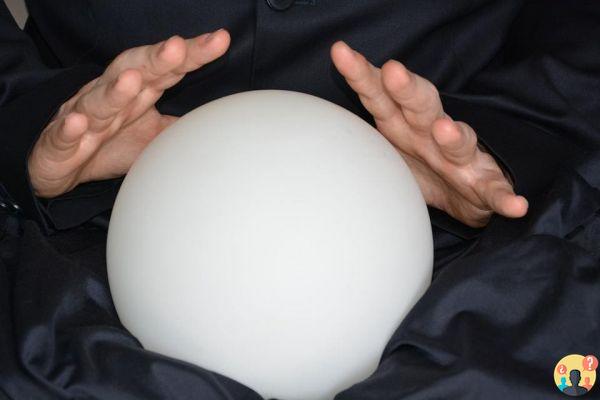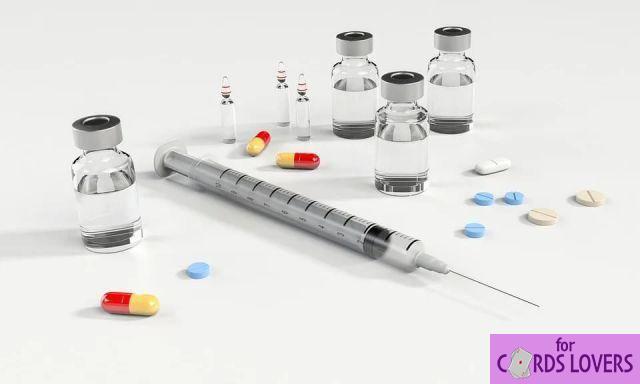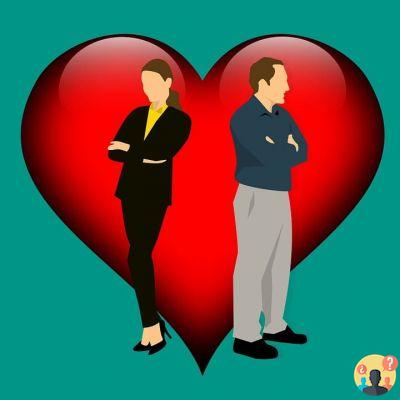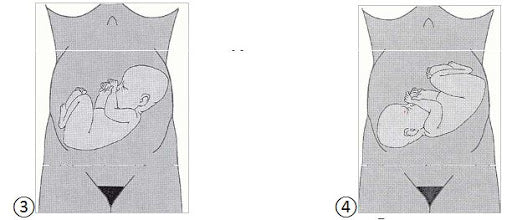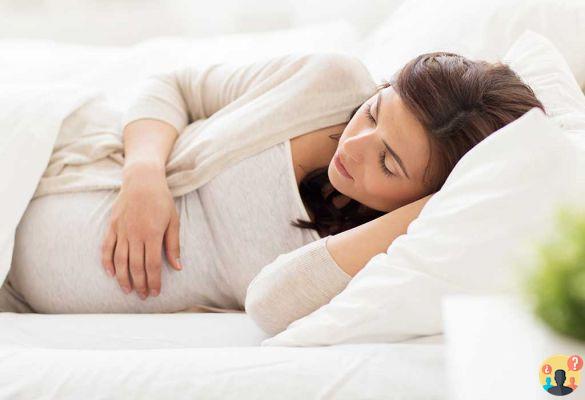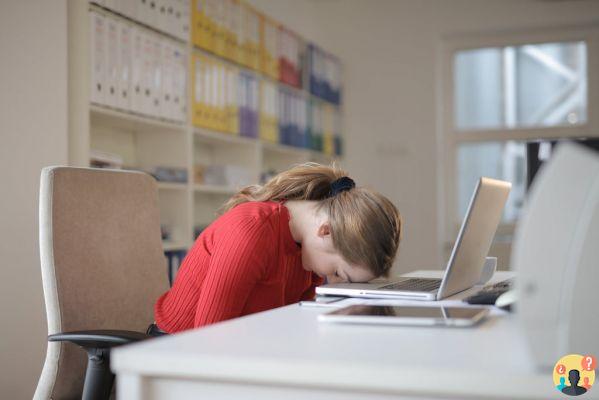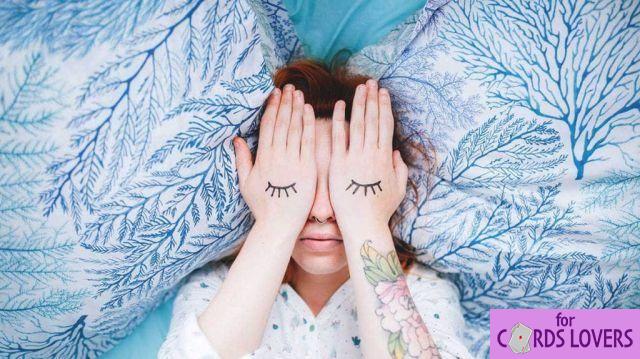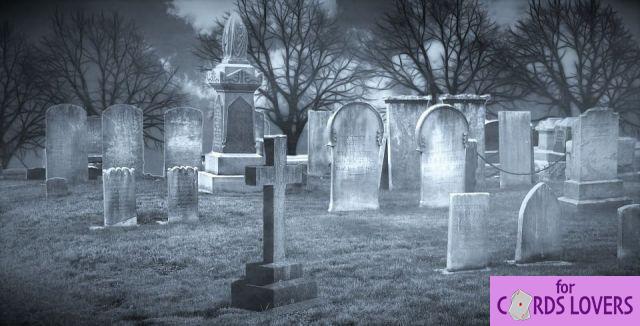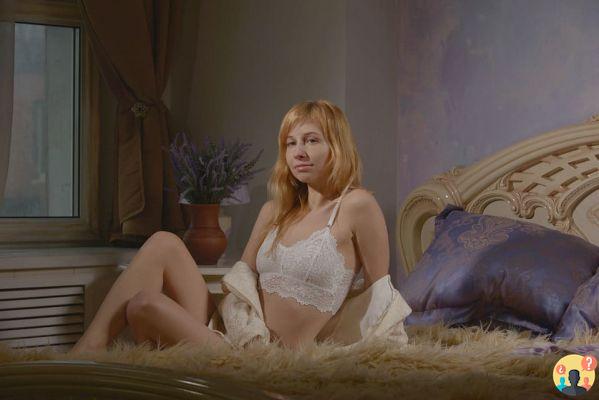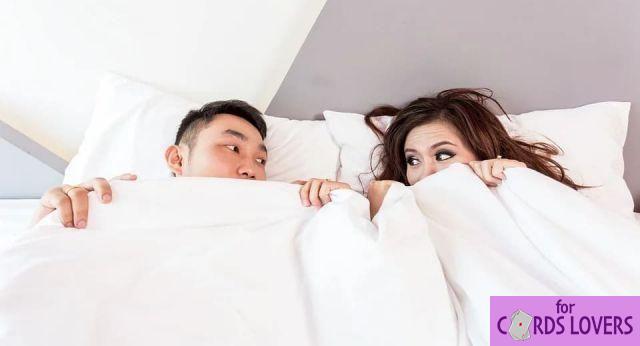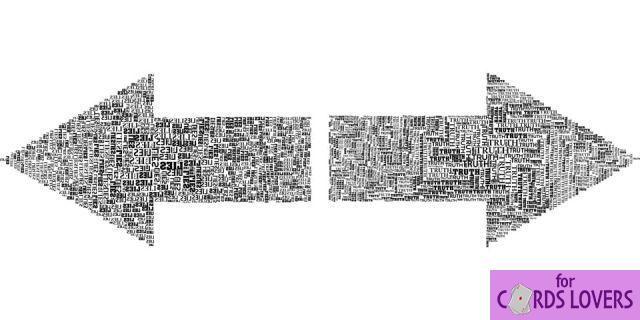
Connected objects have been part of our daily lives for several years now. They play a supporting, monitoring and preventive role to help us take better care of our health. Today, many startups are tackling sleep disorders, a scourge of our modern society! A multitude of connected objects therefore have the mission of helping us sleep better. But is it really useful? We take stock for you.
Falling asleep: a new challenge!
We spend nearly a third of our lives sleeping. It is established that quality sleep is essential to recover and maintain our health, both psychologically and physiologically.
However, the frequency of sleep disorders affects an increasingly large part of the population. Difficulty falling asleep, nocturnal awakenings, feeling tired as soon as you wake up… For many of us, sleeping well has become a real challenge. Some edifying figures:
- On average, the French sleep less than 7 hours per night (minimum duration recommended for good recovery.)
- 1/3 of French people are affected by a sleep disorder.
- 13,9% of the French population suffers from chronic insomnia.
Stress at work, hassles related to personal life, health problems… Faced with a frantic pace of life, some are tempted to nibble on their night in order to have time to manage everything. Others, even if they are exhausted, cannot sleep because they are too preoccupied with the worries of everyday life.
Until then, the solutions for sleeping do not really give satisfaction. One thinks first of sleeping pills: these drugs available only on prescription certainly facilitate falling asleep, but do not allow a restful sleep and cause many side effects. There are then natural treatments available without a prescription (based on plants, vitamins or hormones such as melatonin), but they only have an effect on mild sleep disorders.
In the end, the most effective is certainly to increase your comfort: shape memory mattress, ergonomic pillow, sleep mask...
Connected objects: a new solution for better sleep?
However, the consequences of poor sleep for health are not to be taken lightly: reduced productivity and alertness, irritability and mood disorders, overweight and obesity, digestive disorders, increased risk of serious illnesses. : diabetes, cancers, cardiovascular diseases… Fighting against these disorders is therefore a real challenge, for which few solutions exist.
In this sense, connected objects represent one of science's main hopes for solving sleep disorders.
Today, many start-ups are developing tools to help us improve the quality of our sleep. Connected watches to optimize our nights, natural light simulator alarm clock, connected mattress that analyzes our movements, heated pillow... A variety of products at affordable prices to help us change our lifestyle.
Even if there is currently no effective object against all sleep problems, some are very promising and can already improve certain aspects necessary for quality sleep.
Examples of connected objects for better sleep
Moona: the smart pillow
A tool developed by 2 people suffering from sleep disorders, in collaboration with doctors. Moona, acts on the temperature of the pillow: it actively regulates body temperature to help people fall asleep faster and get deeper sleep.
A control box continuously circulates water through the pillowtop to keep it at the chosen temperature. A mobile application allows you to choose the temperature that best suits you and understand your sleep. Results ? A deep sleep and a peaceful night.
The opinion of health professionals
There is a link between the temperature (that of our body as well as that of our environment) and the quality of sleep. Several studies demonstrate this, in particular that of the National Institute of Sleep and Vigilance: “Sleep… and light” in which Dr Alain Muzet (Doctor of Medicine and Director of Research at the CNRS) confirms that “thermal conditions are likely alter or disrupt the normal flow of sleep”.
Among the people questioned, 43% say they are troubled by the temperature when falling asleep, including 20% who are very bothered and 42% find that the temperature is likely to wake them up. Body temperature averages 37° and fluctuates throughout the day. To be able to fall asleep, our body temperature must drop between 1 and 1,5° C.
The Moona pillow plays precisely this role and will gradually lower the body temperature during the night and thus allow a deep and restorative sleep. When waking up, Moona will, on the contrary, warm up little by little.
The dawn simulator alarm clock
Designed to treat mild sleep disorders, this type of connected alarm clock sits on the bedside table and takes care of everything! They generally offer several wake-up options: dawn simulator, nature sounds, radio... For the dawn simulator, program it and it will go off between 2 and 60 minutes before you wake up. The light gradually intensifies for a gentle awakening bathed in natural light.
The opinion of health professionals
Light is one of the main synchronizers of our biological clock. In the past, we fell asleep and woke up naturally following the sunset and sunrise. According to Claude Gronfier, Doctor of Neurosciences and Chronobiologist at INSERM: "systems that allow progressive and natural lighting before wake-up time, provide for a large majority of users (40% to 60% depending on the studies), a improved sense of wakefulness and regulation of the biological clock. In people who have difficulty emerging in the morning, it may be beneficial to use systems of this type. »
To choose the right dawn simulator, it is important to check that the product has CE medical certification and that it has undergone clinical tests allowing it to be recognized as a certified medical product.




